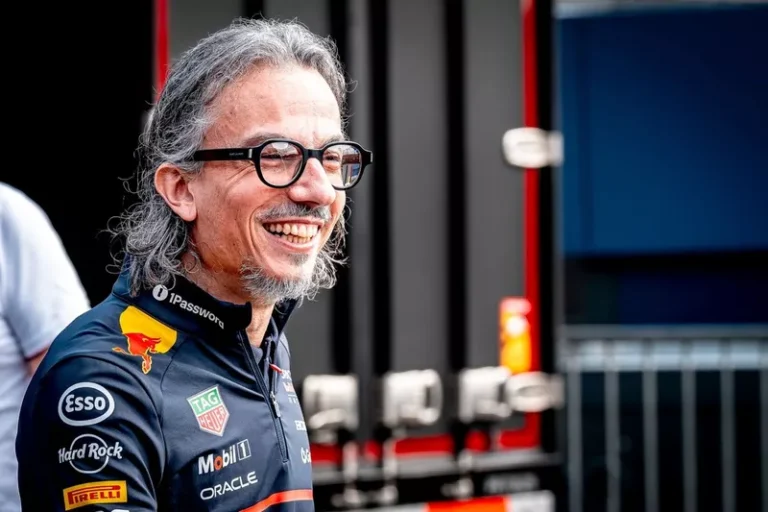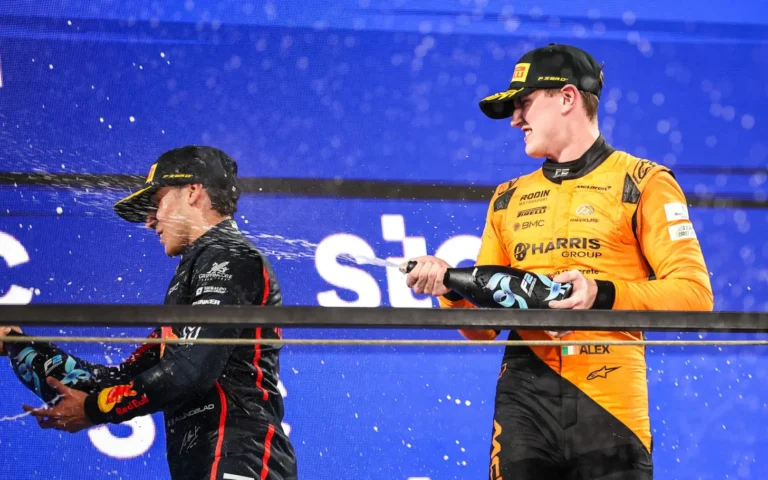
Carlos Sainz has stirred speculation after refusing to discuss his team radio communications during the Italian Grand Prix, where he was overtaken late in the race by Lewis Hamilton. The dramatic move by Hamilton at the Variante della Roggia cost Sainz a higher podium finish, leaving him third despite displaying strong performance all weekend. His decision to keep silent about Ferrari’s internal strategies has prompted questions about what was said and whether the team could have handled the race better.
Fans and analysts are debating the reasons behind Sainz’s silence. Some believe Ferrari may have asked him to hold his position to avoid a clash with teammate Charles Leclerc, given Ferrari’s history of internal strategy errors. Others think the situation points to a communication failure or a poor strategic call from the team. This latest confusion adds to the narrative of Ferrari’s recent struggles with effective race communication and decision-making under pressure.
The disparity in performance between Sainz and Leclerc only intensifies the discussion. Sainz showed race-winning pace but ultimately finished third, while Leclerc ended in a disappointing fifth place. The apparent lack of equal support or differing strategies between the two drivers raises concerns about Ferrari’s ability to manage its driver lineup and make coherent tactical decisions during critical moments in a race.
Hamilton’s bold overtake was a clear demonstration of skill and opportunity-taking, benefiting from Mercedes’ upgrades. His move highlighted Ferrari’s vulnerability and perhaps exposed team-imposed restrictions on Sainz, limiting his ability to fight back. Despite having competitive speed, Sainz seemed constrained, either by team orders or the car’s limitations, making Ferrari’s broader issues with turning potential into results all the more glaring.
Sainz’s decision not to reveal what was said over the radio suggests possible internal tensions within Ferrari. It could be seen as a subtle form of protest or an effort to avoid publicly criticizing the team. His silence reflects the high-stakes environment of Formula 1, where loyalty, diplomacy, and pressure intersect. The events at Monza underscore Ferrari’s ongoing strategic difficulties and hint at deeper issues that may continue to affect the team as the season progresses.




